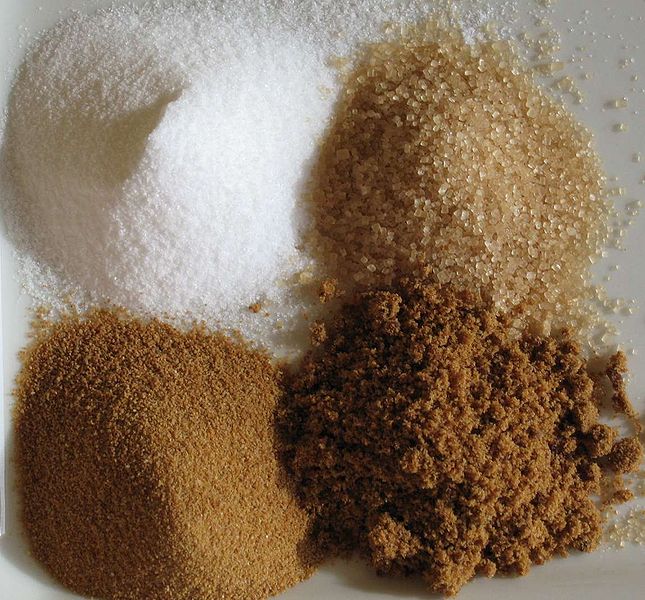Coconut sugar (also known as coconut sap sugar, or coconut palm sugar, or evaporated coconut nectar) is produced from fresh sap oozing from the cut flower buds of the coconut palm (Cocos nucifera). Although called “coconut sugar”, in fact it is not from coconut but from the sap is processed to produce coconut sugar.
Most people might confuse confused to distinguish coconut sugar with Palm Sugar (also known as jaggery, gur, sugar or sugar melaka). Actually, for the benefits and nutrients almost the same, there are only minor differences. Nevertheless they are both produced from the sap and processed in the same way.
Why many health experts recommend using coconut sugar?
One of coconut sugar’s big claims to health is that it has a low GI (Glycemic Index) which is a measure of how quickly any sugar or starch can get broken down and converted to your own blood glucose. The lower the number, the slower the conversion, the better. White or brown sugar has a moderate GI of around 65 while fructose is low at 25. Remember high is any thing over 70, moderate falls between 56 and 69, while low is under 55.
In addition there are many claims that coconut sugar-rich mineral is the which means it’s high in zinc, magnesium, iron and other minerals. Compared with brown sugar, coconut sugar has twice the iron, magnesium and four times more than 10 times the zinc.
For people with diabetes or being on a diet, coconut sugar sweetener is more recommended than cane sugar or brown sugar. In addition to health benefits, coconut sugar also has a more unique taste like caramel. And this could be the perfect sweetener for baking and others.


